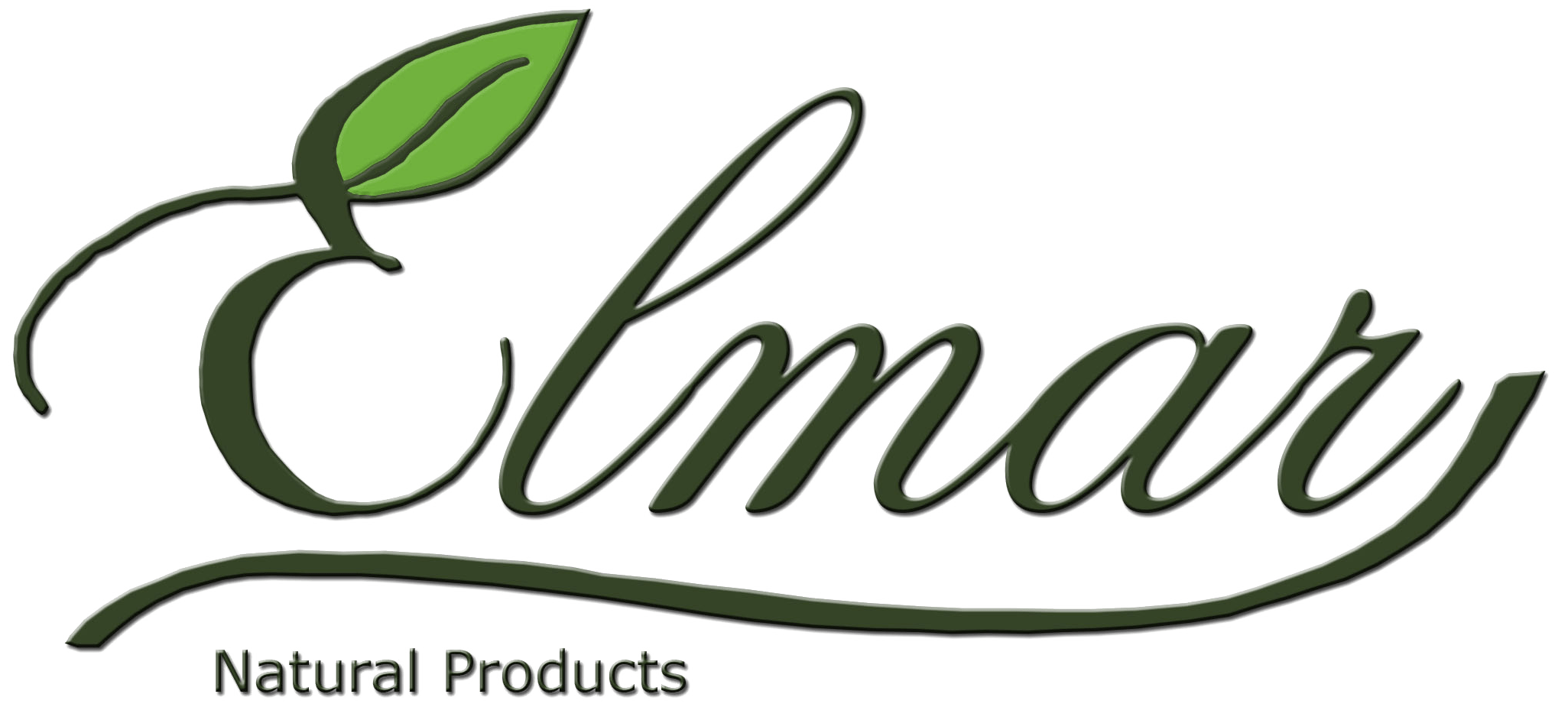In its heyday, pepper brought an export turnover of about 150 million USD per year to Gia Lai. However, in recent years, the position of the “black gold” tree has been gradually lost.
The area is sharply decreased and the price is unstable so farmers are no longer interested in pepper. To regain the position of pepper, Gia Lai province has implemented many solutions at the same time.
SUSTAINABLE ORGANIC MODEL
For a long time, pepper has become an obsession of the people of Chu Se when the price drops deeply. Now, the pepper has shown positive signs with a price level of over 60,000 VND/kg and maintained stably for a long time. According to forecasts, by the end of this year and the following years, the price will increase and it is likely to reach from 90,000 to 100,000 VND/kg by the end of 2023.

Farmers in Gia Lai are busy harvesting pepper.
This is the motivation for farmers in Chu Se to rebuild pepper gardens with the hope of returning to the “heyday” after many years of neglect. To avoid falling into the trap of mass investment, farmers have been more careful with moderate investment, and at the same time towards organic farming methods for sustainable development.
As one of the pioneering planting pepper in the organic direction, Mr. Le Hung Huan (Hamlet 7, La Blang commune, Chu Se district) now has 8 ha of pepper, of which 3 ha are new and 5 ha are entering the business stage. While the whole area of pepper in Chu Se and Chu Phu districts died of diseases, Mr. Huan’s pepper garden was still green and brought a stable yield.
To achieve this success, from the beginning, his family has applied scientific and technical measures, especially focusing on caring for pepper gardens in a sustainable organic way. One of the measures that Mr. Huan applied was to let the grass grow green under the pepper stem. This is different from most of the other pepper gardens.
“The grass under the stem will help reduce a lot of care. When the grass grows tall, we just need to cut the upper and leave about 10cm below the stem, do so a few times a year. The benefit of grass is that in the rainy season, it prevents waterlogging and in the dry season, it cools the soil, helping the tree grow well and sustainably. The cut – dow grass turns to organic fertilizer. At the same time, it is necessary to limit the use of chemical fertilizers and pesticides, only using organic fertilizers, “said Mr. Huan.
Similarly, the pepper garden of Mr. Huynh Mau (Hamlet 3, Nam Yang commune, Dak Doa district) also affirmed the right direction in changing the planting method. The direction of pure agricultural development, and applying organic farming methods to pepper gardens has helped Mr. Mau’s garden is green with stable yield. According to Mr. Mau, although the weather is not favorable this year, the productivity of the garden is quite high, on average, with about 3 kg of dried pepper per pole.

Farmers in Gia Lai recover the position of the “black gold” tree
“My family has about 5 ha of pepper associated with Nam Yang Agricultural and Service Cooperative for organic production. This type of cultivation helps the garden grow sustainably, with fewer pests, longevity, and stable yields. In particular, the selling price is higher than normal pepper from 20,000-22,000 VND/kg. Besides, organic farming not only protects our health but also consumers, ” Mr. Mau said.
According to Mr. Nguyen Tan Cong – Chairman of the Board of Directors of Nam Yang Agricultural and Service Cooperative: In the past, when pepper prices were high, people massively planted and overexploited, leading to the death of trees. After this difficult period, people’s awareness has changed and they chose better farming solutions, following the right direction as well as the market trend, which is sustainable farming.
One of the sustainable farming solutions for cooperative members is to grow pepper in the most natural way without pressing, use organic fertilizer, plant shade trees, etc. As a result, the cooperative has successfully built the Le Chi brand in 2018 and is certified by Control Union to meet American and European organic standards.
This cooperative is the first unit in the Central Highlands to obtain organic certification for pepper. In addition to raw exports, the cooperative also started deep processing to create products such as red pepper, salt pepper, green pepper, powdered pepper, pickled pepper, etc to meet domestic and export demand, Mr. Cong informed./.
